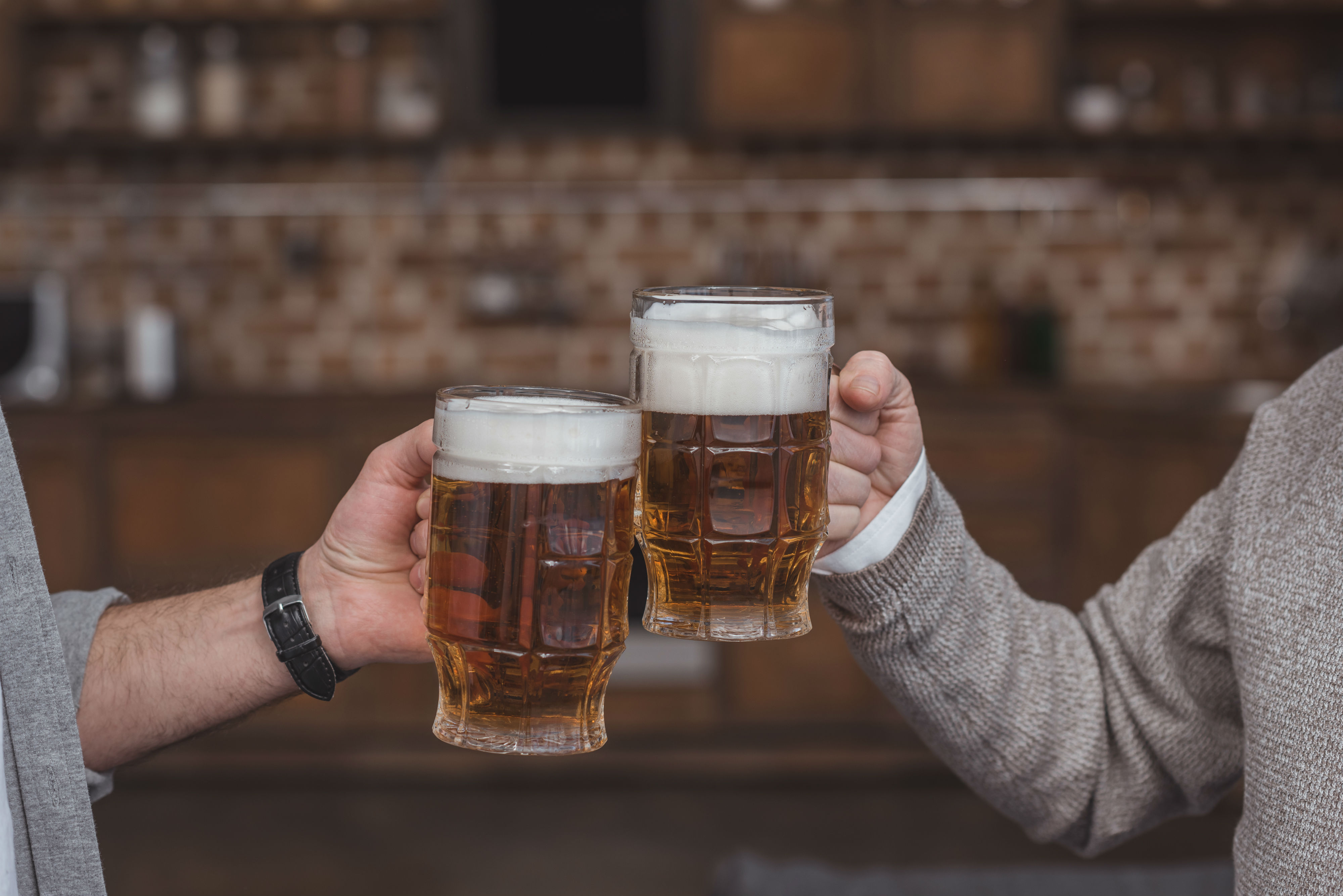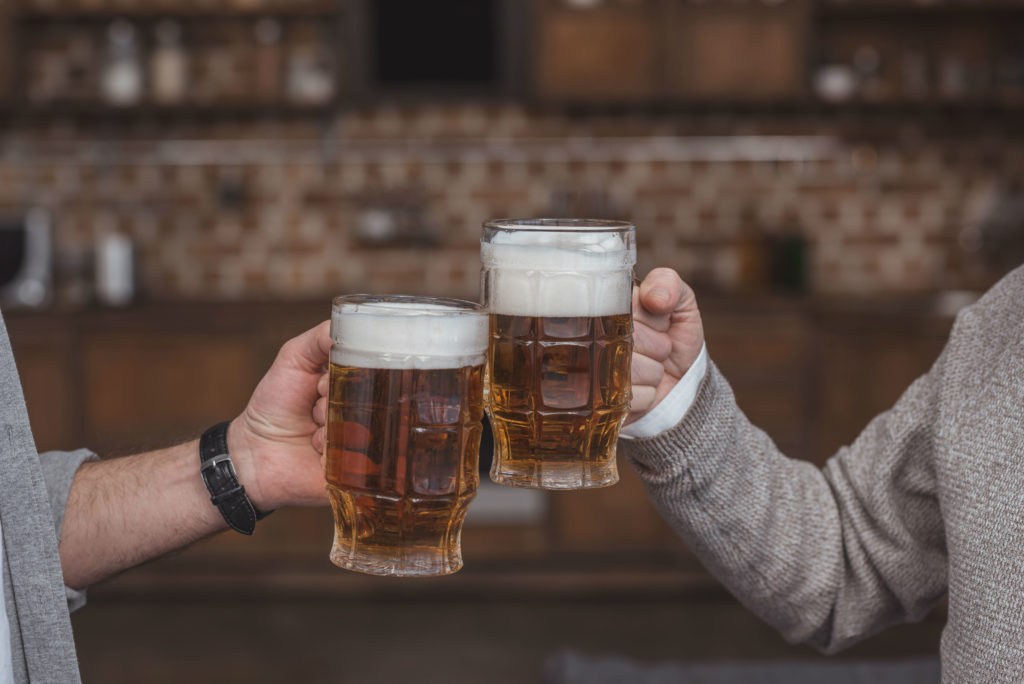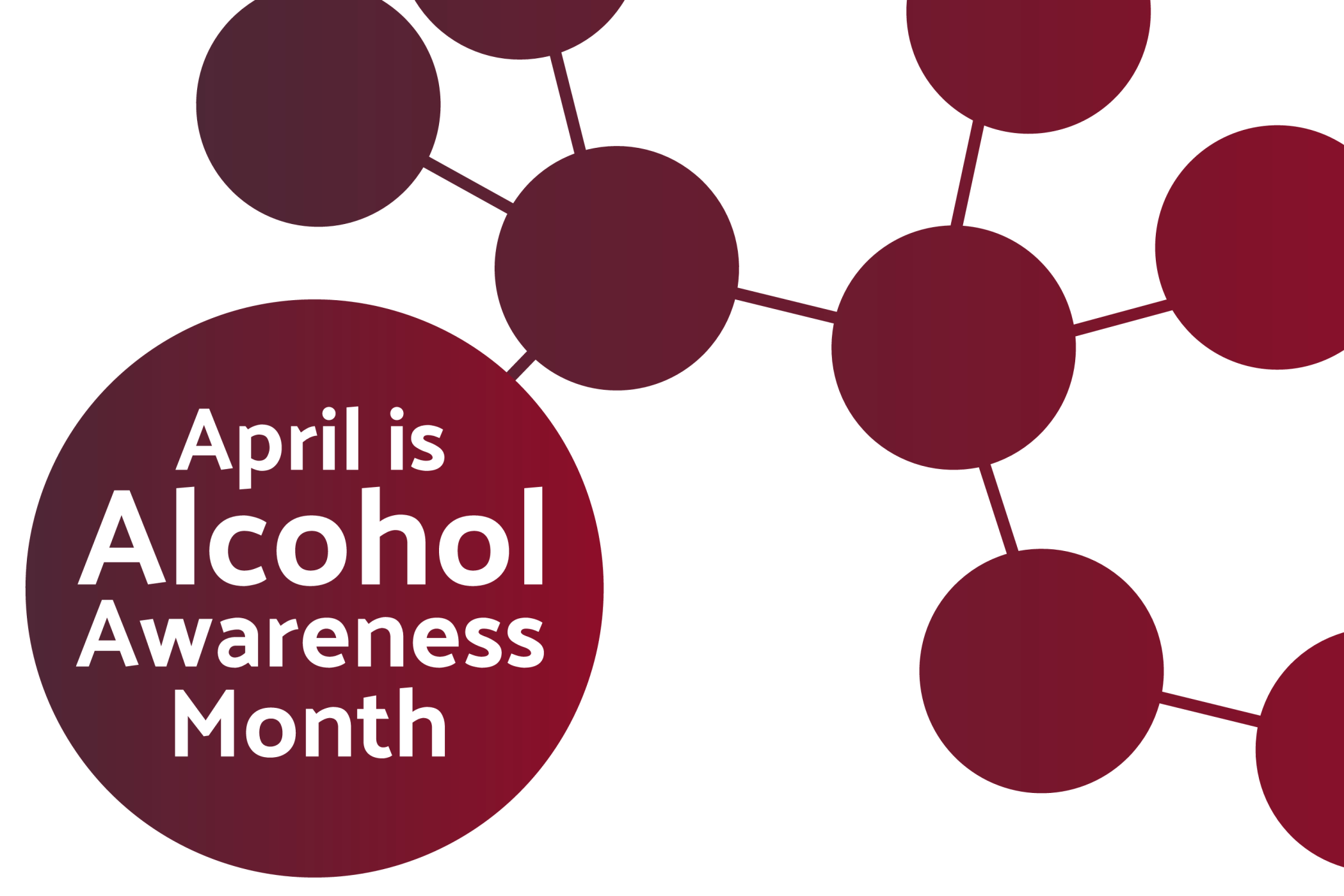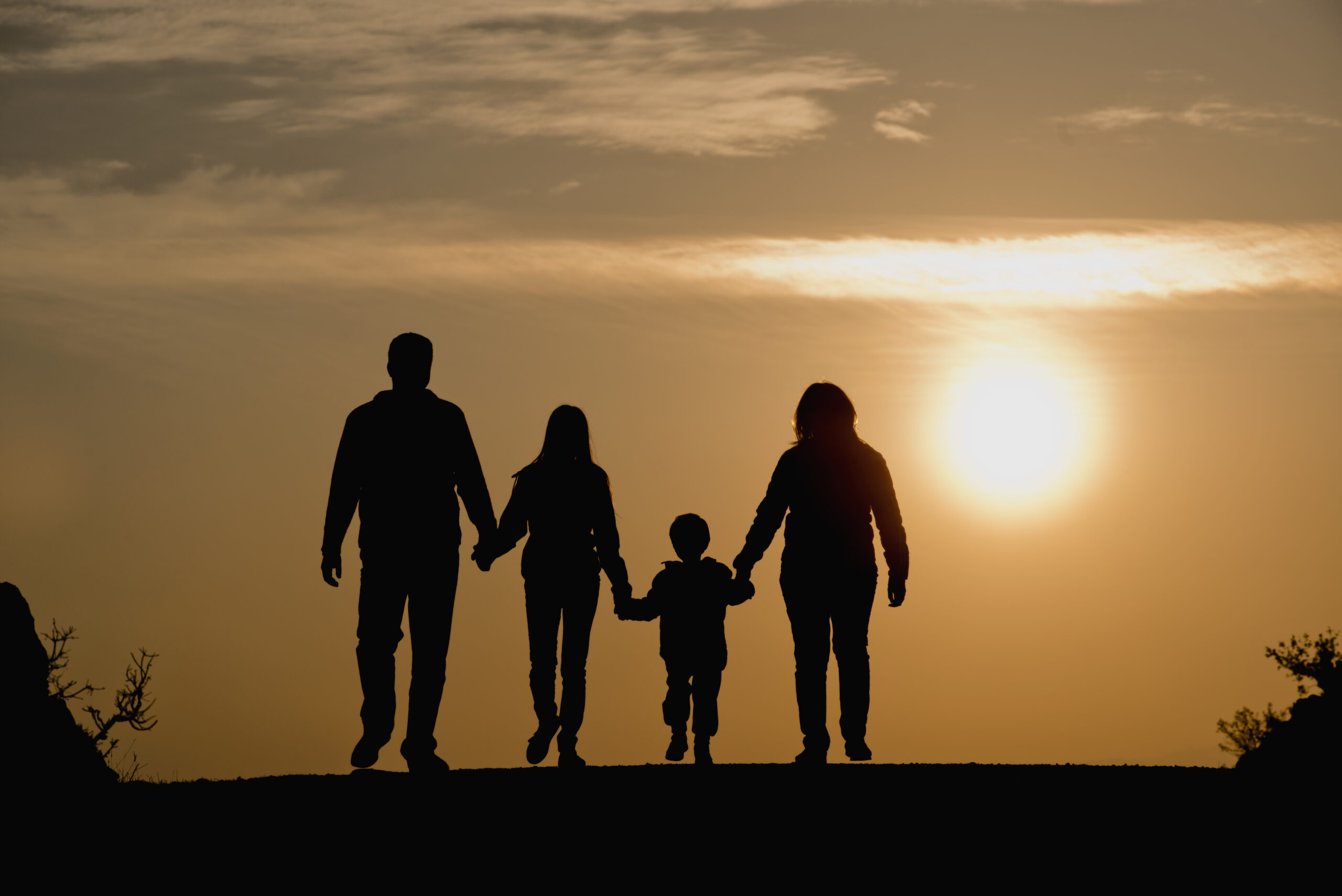How a Parent’s Drinking Affects Their Child


Kids are imitators. From birth, they learn everything they know by watching the people around them. Parents are the first to teach their children to talk, use a spoon, and to walk. They learn our best traits, such as being respectful to the cashier at the grocery store. They also learn our worst traits, like cursing at slow drivers and putting ketchup on scrambled eggs.
For better or for worse, we’re always teaching our kids. So, parents should be aware of how their alcohol consumption may be affecting their child. About 50 percent of middle and high school students admit they drink alcohol at least once a month.
For most kids, their first experience with alcohol is at home, watching Mom or Dad have a drink. The good news is parents also have the power to influence whether their teen will choose to drink alcohol.
Set a Good Example
If a teen witnesses a parent drinking too much and making poor decisions, they’re getting mixed messages about being responsible. After all, you’re asking them to show maturity and to avoid underage drinking. Parents need to hold themselves to the same high standards and be wary of how their drinking alcohol may affect their child.
That doesn’t mean parents can’t have a beer or a glass of wine but be mindful about when and why you drink. Have you ever said in front of your teen?
- “I’m stressed out; I need a drink to relax.”
- “I’ve had a long day at work; I need a drink.”
- “Grandma is coming over; I need a drink to get through the evening.”
The message these statements send to kids is that alcohol helps you cope with the everyday stresses of life. That’s not the message kids need to hear.
One way to set a good example about alcohol is to point out the right and wrong decisions people make when they drink alcohol. If Aunt Cheryl has a little too much to drink at Thanksgiving dinner, acknowledge her poor decision, and talk to your kids about how that makes them feel. Or, when you go out to dinner as a family, make a point of saying that dad is driving tonight, so he will have a soda with dinner, instead of a glass of wine.
Share Advice, Not Your Drink
On television, in the movies, and at home, kids see people consuming alcohol. They will be curious, and they will probably ask you for a sip of your adult beverage. While grandparents will say, “A sip won’t hurt them,” research shows even small amounts of alcohol can affect young brains. That’s because kids’ brains are still developing until age 25, and alcohol can hinder that development. Some of the changes can be permanent.
Talk to your child about how alcohol affects adolescent brains:
- Negative effects of alcohol on a teen’s brain can last for up to two weeks.
- Thrill-seeking behavior is more likely in teens after consuming alcohol.
- Good judgment and impulse-control areas of the brain may not develop properly due to underage drinking.
Avoid glorifying alcohol. Don’t tell your kids about crazy booze-infused nights from your younger years. You may think you’re giving them advice to avoid the dumb decisions you made while under the influence of alcohol. But all they’ll hear is that you drank as a teen and nothing really bad happened to you. That’s not the message you want to convey.
Talk, Don’t Lecture
When kids become curious about alcohol, and they will, use the opportunity to have open and honest conversations about preventing underage drinking. Having many small conversations will reinforce your points without sounding like a big lecture.
Families can Take the Pledge together to stop underage drinking. Parents who sign up for the pledge with their teen will receive tips and information to keep teens safe. Teenagers who take the pledge agree to have regular conversations with their parents about avoiding alcohol and making smart decisions.
Being a good role model gives your teen the confidence to make smart decisions and to stick by them. Talk it Out NC has more resources to help parents and teens work through these decisions as a family.



